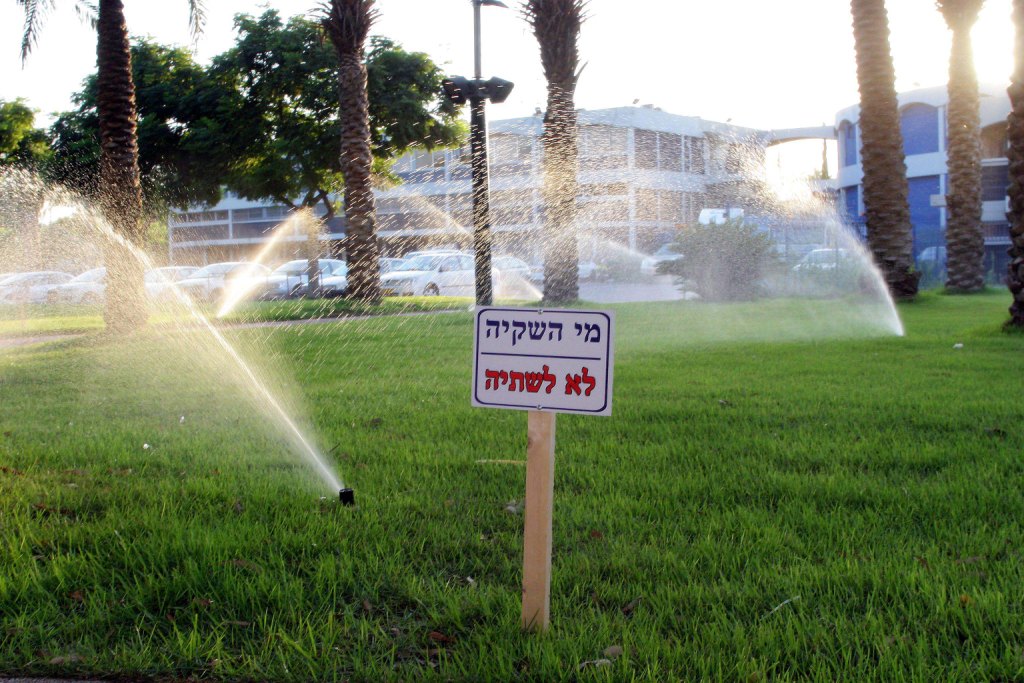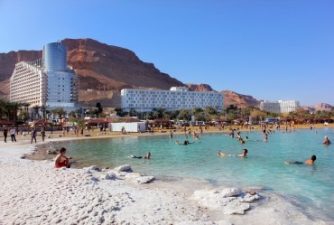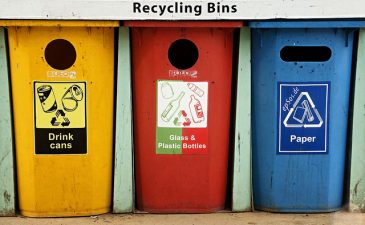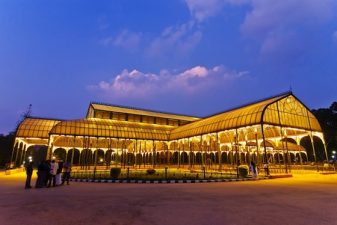When a small group of Jews arrived on the shores of Ottoman-ruled Palestine in 1882, they named the sand dunes they purchased to build their new homes Rishon LeZiyyon – the First to Zion.
Never mind the poor soil fertility, lack of water (or the fact that Petach Tikva, aka “Opening of Hope”, was the first new Jewish village established in the Holy Land), but the community soon became famous for its agriculture and vineyards, eventually becoming Israel’s fourth largest city and home to over 240,000 people.
Even though it runs freely from taps modern Rishon’s apartment blocks, water is still on the minds of Rishon’s current leaders – who hope to make the city the first “independent water economy” in Israel. In other words: to supply all of their water from local sources in five years time, cutting themselves off from the national water supply (including the ailing Kinneret) delivered to Israelis by Mekorot, the National Water Company. Currently, Rishon LeZiyyon supplies 70% of its water from local wells and aims to make up the remainder from a new desalination plant, rainwater collection (pictured above watering municipal gardens) and, if red tape can be overcome, a waste water treatment plant. If their maths add up, this will mean both cheaper water for local residents (the already high cost of water in Israel is set to rise further in 2009) and reducing strain on the demand for national water supply. “The cost of water in Rishon LeZiyyon will go down. That’s one of the principal targets in the long-run: to make water cheaper for people,” says Daniel Low, managing director of the city’s municipal water company, Meniv Rishon, tasked with delivering the plan.
The concepts of local food and local energy are gaining ecological and economic credibility, so shouldn’t “local water” be the ideal bed-partner? The Water Authority, which sets Israeli water policy, and some environmentalists, are welcoming the Rishon scheme with a note of caution.
Prof Alon Tal of the Jacob Blaustein Institute of Desert Research at the Ben-Gurion University of the Negev says: “Access to water is a fundamental human right and we have to be careful that in the search for improved efficiency, which is a good thing, we don’t lose the infrastructure needed to provide services to the entire population. I’m not saying that it should be opposed. But with the National Water Carrier people pay the same amount whether they live right next to it or are on the other side of the country and I don’t want to lose that.”
:: Jerusalem Post. “Dig it!”
:: Jerusalem Post. “Big Tel Aviv looks to little Rishon for lesson in water conservation.”
Photo: Captured rainwater refreshing municipal gardens. Ronen Lidor.





Alon Tal is brilliant for incorporating the social element of fair access to water. Is Rishon’s measures an attempt at self-sufficiency or an act of protectionism?